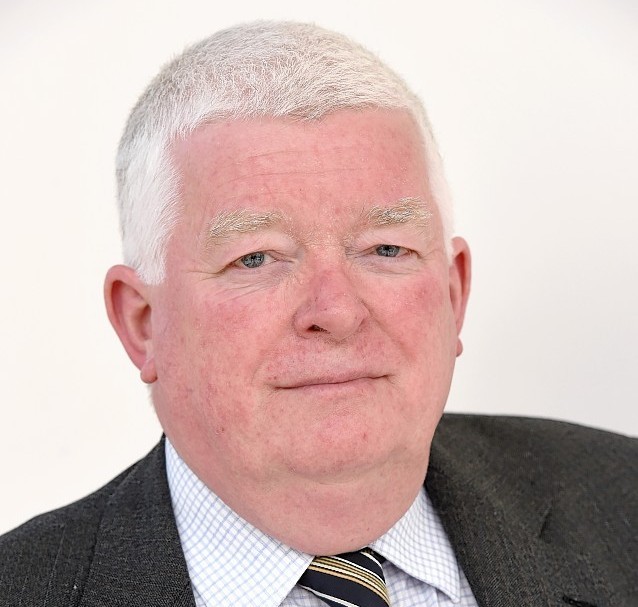Highland councillors could march on Westminster to plead with Chancellor George Osborne for more money to tackle an escalating budget crisis.
A cross-party delegation is being lined up for emergency talks with Finance Secretary and Deputy First Minister John Swinney.
And north MP Drew Hendry has promised to arrange an urgent meeting with Mr Osborne as the council tries to slash £46.3million from its spending over the next three years.
The local authority’s finance director Derek Yule has warned of “huge uncertainty ahead”, and urged colleagues to “prepare for the worst”.
He revealed the scale of the crisis in a briefing to councillors and council staff last week.
Yesterday, the director added to the gloom, describing the situation as the worst financial scenario he had experienced in his career.
New resources chairman Bill Fernie and independent colleagues now heading a minority council administration at Glenurquhart Road in Inverness say it is too soon to know where the axe will fall.
But more voices have joined the chorus calling for the authority to go it alone, if necessary, and break the Scottish Government’s “accord” on freezing council tax at 2008 levels.
And the local authority is no longer saying compulsory redundancies will be avoided.
Barely a week into the job, Mr Fernie, a former tax officer, has formed a taskforce to seek solutions with the help of three councillor colleagues – accountant Alister Mackinnon, ex-investment manager Ben Thompson and retired police chief inspector Matthew Reiss.
In December, the council agreed the 2015-16 budget and indicative budgets through to 2019 involving forecast savings of £25million. That still left a £13.3million shortfall.
It has been revised upwards based on a minimum 2.5% projected pay rise for council staff – an offer already rejected by teachers – the rising cost of contributions to teachers’ pensions, higher National Insurance costs, a mounting bill for holiday pay and a forecast 1.6% reduction in annual grant as a result of UK Government austerity measures.
Mr Yule said: “There is significant scope for that figure to change. The one thing I can guarantee is that the figure will change. I don’t remember ever being in such a position of a council faced with a grant reduction and not knowing what that will be.
“I appreciate the considerable angst to recipients of council services and to council staff.
“However, we will not know grant figures until December. I think there is scope for these figures to change significantly.
“You could be looking at several million pounds of a difference – higher, lower, it’s very difficult to say. It’s important the council prepares for the worst and plans accordingly.”
Mr Fernie told the full council meeting: “The £46million gap is unprecedented and will leave us with difficult and unpalatable choices.
“It is vital that we take a fresh look at every line across the budget and utilise the financial skills and experience we have within the council, working collaboratively.”
Mr Thompson said: “Unless we get support from the UK or Scottish government it’s the most vulnerable in our communities that are going to get hit the hardest because we are providers of services to, generally, the most vulnerable members of society.”
He echoed the long-held argument that the vast land mass of the Highlands makes the region unique and a special case for additional government funds.
“Cost of living is an issue here, given our rural geography,” he said.
